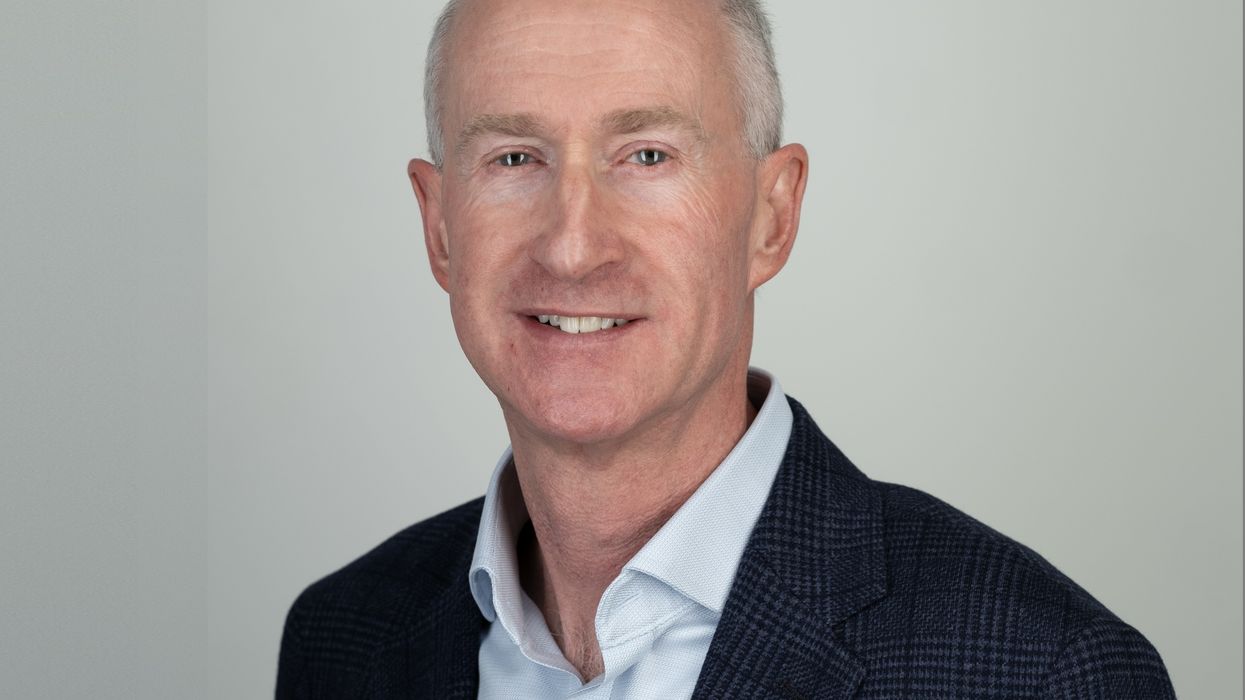The government has launched the Global AMR Innovation Fund (GAMRIF) on Monday (22 May), under which it has announce up to £39 million fund for antimicrobial resistance (AMR) research.
Of this new funding package, up to £24 million over four years has been awarded to bolster the UK’s partnership with CARB-X – a global AMR research initiative – to support the continued early development of invaluable new antibiotics, vaccines, rapid diagnostics and other products to combat life threatening drug-resistant infections and prevent death and disease across the world.
In addition to the CARB-X grant, GAMRIF is investing £5 million over two years into the Global Antibiotic R&D Partnership (GARDP) to develop – and ensure global access to – new antibiotic treatments against major global health priorities.
The announcement comes as Health Minister Will Quince attends the World Health Assembly (WHA) in Geneva, Switzerland, and Development Minister Andrew Mitchell participates in an event on health leadership and climate change alongside the WHA. They will announce the launch of the UK government’s Global Health Framework for 2023-2025, as part of Minister Quince’s address at the WHA.
Health Minister Will Quince said: Antimicrobial resistance is a major threat to global health and has led to millions of tragic deaths per year, but the Global AMR Innovation Fund is supporting cutting-edge research and developing vital new treatments to prevent death and disease across the world.
Commenting on the announcement, Claire Machin, ABPI Executive Director of International Policy and UK Competitiveness said: “This is a positive step for research into finding long term solutions for AMR. Beyond research there is an essential need for collaboration, on a global scale, that allows research efforts to be developed into effective antibiotics available for all.
“Alongside today’s announcement, England has also been leading the way as the first country to implement a pilot scheme for incentivising the development of new treatments using an innovative payment arrangement, but the UK acting on it's own cannot combat AMR. Multiple global solutions which bring together governments, healthcare systems and the pharmaceutical industry are needed at scale if we are to stand a chance against AMR.
“We look forward to NHS plans for taking forward the learnings from the pilot, and the development of a more permanent solution for the development of new treatments against AMR.”
Minister Quince will also meet with the Ministerial Alliance of Champions against AMR to discuss plans and priorities for tackling AMR over the next year.
Minister Mitchell will attend a UK led climate and health event alongside the World Health Assembly hosted with the Netherlands, UAE, Fiji and the World Bank with assistance from Wellcome Trust to highlight how the UK is helping accelerate action on climate and health.











